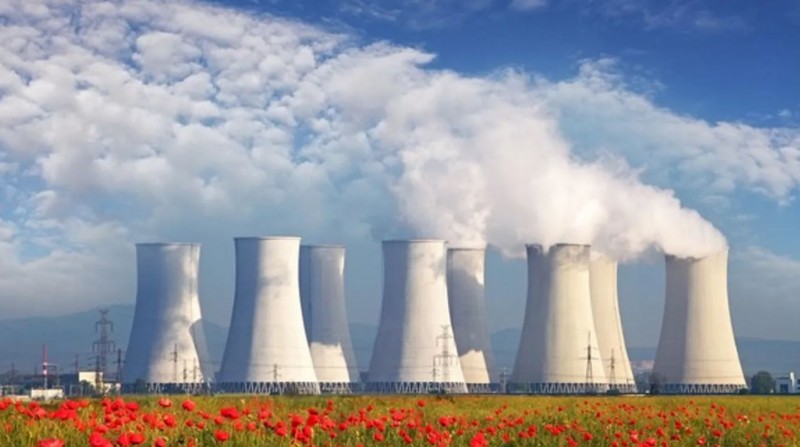
In today's complex geopolitical landscape, the possession of nuclear capabilities by certain nations has a profound impact on international relations and global security. The world's nuclear powers shape not only their own national security but also influence the dynamics of conflicts, diplomacy, and arms control efforts on a global scale. This article delves into the nuclear-capable countries that hold the keys to immensely powerful weapons of mass destruction.
The Pinnacle of Power: Major Nuclear Players
1. United States of America As the first nation to develop and use nuclear weapons during World War II, the USA maintains an extensive nuclear arsenal. Its military doctrine is intertwined with its nuclear capabilities, asserting its position as a global superpower.
2. Russia Successor to the Soviet Union's nuclear legacy, Russia possesses a formidable nuclear arsenal. Its strategic nuclear triad—consisting of land-based missiles, submarines, and strategic bombers—ensures its ability to project power across the globe.
3. China China's nuclear program has rapidly evolved, granting it the status of a major nuclear power. With a focus on a minimal deterrence policy, China maintains a smaller but modern and growing arsenal.
Regional Influence: Nuclear Players in Their Vicinity
4. India India's nuclear program is rooted in its security concerns vis-à-vis neighboring Pakistan and China. It conducts credible minimum deterrence, ensuring a retaliatory capability.
5. Pakistan In response to India's nuclear program, Pakistan developed its own nuclear weapons. The country's nuclear posture emphasizes a second-strike capability to deter potential aggression.
6. Israel Though never officially confirmed, Israel is widely believed to possess a nuclear arsenal. Its doctrine of "nuclear ambiguity" maintains a strategic advantage in a volatile Middle East.
7. North Korea The secretive and isolated regime of North Korea has defied international norms by developing nuclear weapons. This has led to tensions with neighboring countries and global non-proliferation efforts.
The Lessons of History: Former Nuclear Players
8. United Kingdom The UK was one of the earliest nuclear powers, but its arsenal has significantly diminished since the Cold War. It maintains a continuous-at-sea deterrent with its Trident submarines.
9. France France's nuclear program is driven by its desire for an independent strategic deterrent. Its nuclear force is relatively small but maintains a high degree of credibility.
Safeguarding Stability: The Importance of Arms Control
10. Arms Control Treaties Various international agreements aim to limit nuclear proliferation and reduce the risk of nuclear conflict. Examples include the Nuclear Non-Proliferation Treaty (NPT) and the Strategic Arms Reduction Treaty (START).
11. Non-Proliferation Challenges The spread of nuclear technology and knowledge remains a concern. Preventing the emergence of new nuclear states is crucial to maintaining global stability.
In a world where the devastating power of nuclear weapons is all too real, the countries possessing them wield immense influence over global affairs. The delicate balance of power, deterrence, and diplomacy must be carefully navigated to ensure that the specter of nuclear conflict remains dormant.
Donated F-16s for Ukraine Restricted to Domestic Use, Says Danish Foreign Minister
Thousands Rally in Niger Amid Army Warning Against Foreign Intervention
Uncertain Election Timing Casts Shadow on Political Campaign Launches in Pakistan